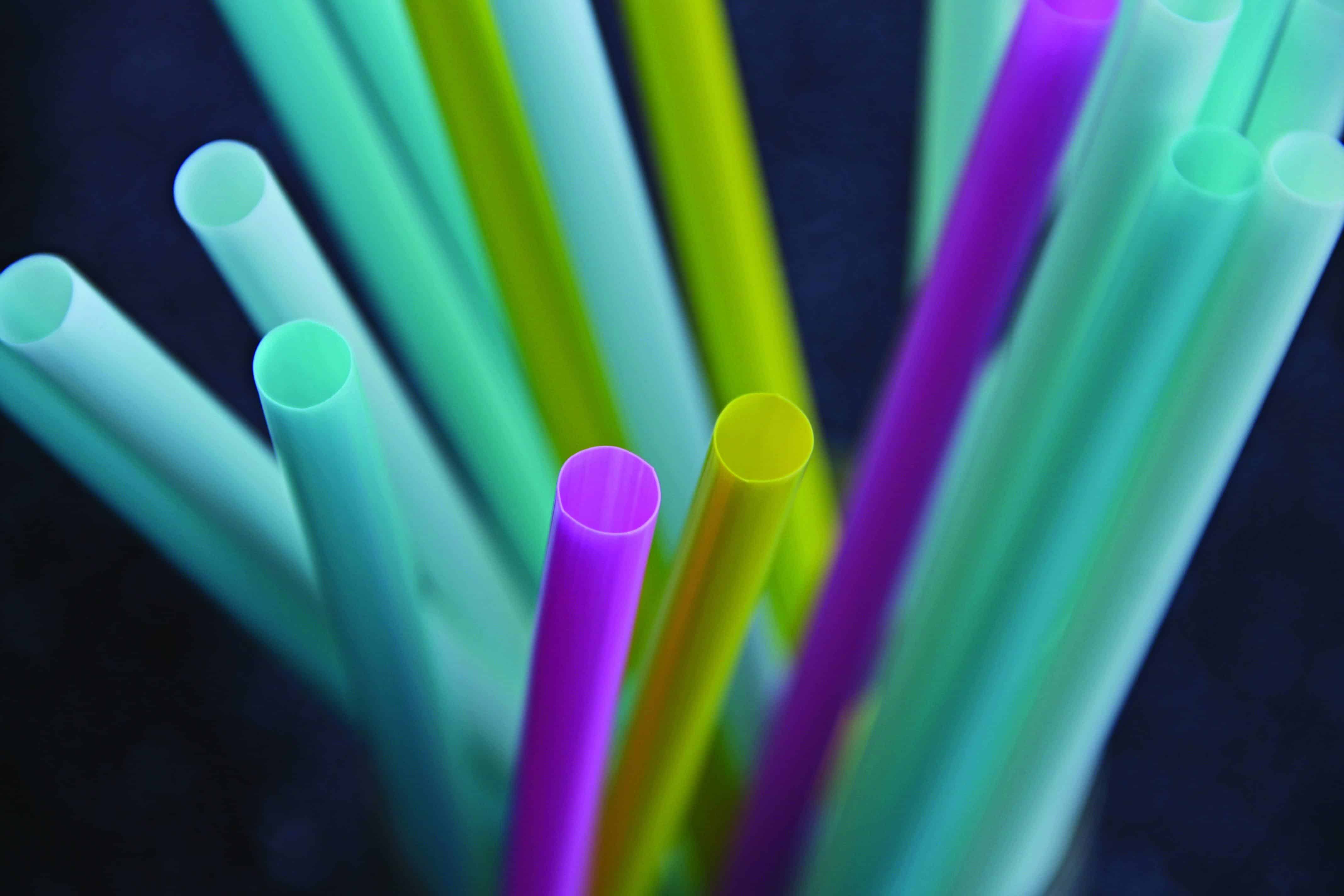Straw ban

author: mimi moustapha | contributor

Pixabay
Banning plastic straws is the new symbol of environmental activism. From Seattle to Scotland, places all around the world have decided to put an end to these single-use products. Even in Regina, local businesses such as Lancaster Taphouse announced that they would no longer serve their drinks with straws unless specifically requested to. Now the multi-billion-dollar coffee chain Starbucks has declared that they will stop providing plastic straws with their iced drinks, and plan to use either biodegradable or paper-based straws for blended drinks by 2020.
But, why straws? Some argue that getting rid of plastic straws will have little to no impact on the environment, so why bother? However, for the majority of people, there is little reason to use straws aside from convenience. If one also considers that plastic straws take centuries to decompose, are harmful to aquatic wildlife, and can seep plastic into our drinks according to recent evidence, they become easy to forgo. At 7.5 per cent, plastic straws are a far cry from the main contributor to coastal pollution, but eliminating them still marks a step toward corporations taking responsibility for the waste that they produce.
For many, this push against plastic straws is a beacon of hope for the future, but for others it represents the opposite. The straw ban takes its place amongst a long list of movements created without the input of people with disabilities. The pushback against the straw ban comes not from opposing environmental progress, but rather from an attempt to prevent additional barriers in accessibility. While the plastic straw may simply be a convenience that able-bodied people are willing to part with, it is a necessity for others. People who have limited motor range or coordination, muscle weakness etc. rely on plastic straws to allow them to drink without spilling, choking, or a variety of other risks.
When people with disabilities and their allies voice their concerns about how banning plastic straws could severely limit access to public spaces, they are met with myriad of follow up questions, including “What about paper or biodegradable straws?” “What about metal or glass straws?” and “Why can’t you bring your own reusable straws?”
Instead of officials asking these questions in a proactive effort to create inclusive policies, it is now the public asking – often disingenuously, as if to imply that disability is just an excuse. In reality, each of these options have legitimate shortcomings. Paper and biodegradable straws cannot endure high temperatures. Metal straws can overheat. Both metal and glass straws lack the needed flexibility and the hard material can be painful to use. Lastly, not only can reusable straws be difficult to clean for someone with a disability, but having to remember to bring them adds another burden onto people who already face so many barriers daily.
So, rather than vilifying those who are already disenfranchised, consider turning to the multi-billion-dollar corporations who created the waste in the first place. They are the ones with the resources to make products that are environmentally friendly and accessible. In the meantime, let’s use this momentum to popularize sustainable grocery bags and take-out boxes instead of crucifying a few people who need plastic straws to live.








